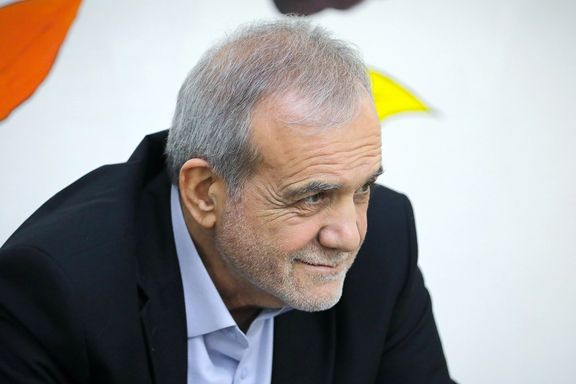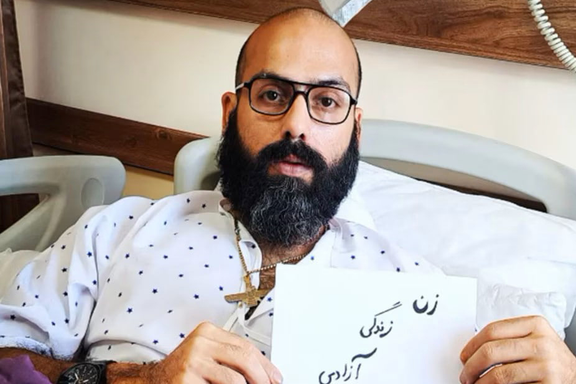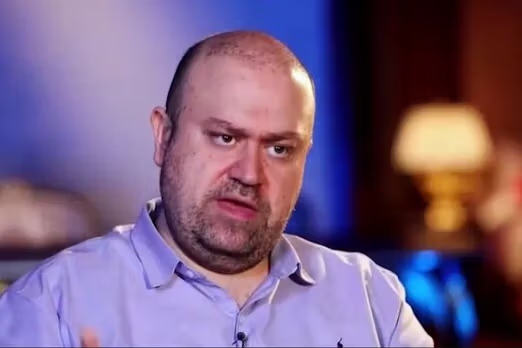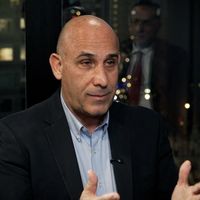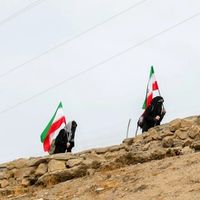Tehran representative Mehdi Koochakzadeh, who has been involved in numerous outbursts during his tenure in parliament, targeted several members of President Pezeshkian's administration.
"Who are you to initiate negotiations? They want to sell out the country and pass legislation to turn Iran into a servant of the US," he shouted.
Addressing Ali Abdolalizadeh, the president's representative in maritime economy, he said, "If he had made such a suggestion in his hometown, Tabriz, the people would have smashed his mouth."
Koochakzadeh made similar accusations against Vice President Mohammad Javad Zarif and government spokesperson Fatemeh Mohajerani.
Commenting on Mohajerani's proposal to send Iranian relief workers to assist with wildfires in Los Angeles, Kouchakzadeh stated, "As an Iranian taxpayer, I am not okay with a single cent of my taxes being spent on the weak Los Angeles good-for-nothing people before it goes to Gaza."
After Tehran on Saturday expressed readiness to help the authorities in the US contain the ongoing fires in California, Koochakzadeh criticized the move and argued for prioritizing Gaza aid over spending on Los Angeles.
Parliament Speaker Mohammad Bagher Ghalibaf, along with other MPs, attempted to quiet Koochakzadeh, asserting that "Iran should help the people in both Gaza and Los Angeles. This is our humanitarian responsibility."
Some of Koochakzadeh's fellow ultraconservatives, such as Mohsen Mahdian, a columnist for the conservative Hamshahri newspaper, weighed in, saying that "those accused by Koochakzadeh never spoke about sending money to America. They were simply expressing sympathy with Americans affected by the LA wildfire."
"If Koochakzadeh wishes to attack the government, he should look for another pretext," Mahdian added.
The incident led to varied responses among Tehran politicians, with some pushing for better US relations and others maintaining anti-American rhetoric. Despite these differences, there was a consensus in condemning Koochakzadeh's remarks.
The reformist news website Rouydad24 quoted Kambiz Mehdizadeh, a son-in-law and aide to former President Hassan Rouhani, addressing President Masoud Pezeshkian in an article.
He stated, "This is the result of your national reconciliation plan and granting government positions to radicals. However, there is still time to rectify this."
Abdolreza Davari, a former aide to ex-President Mahmoud Ahmadinejad, wrote, "Koochakzadeh's outburst reflects his frustration over the demise of fundamentalism and the end of the era of super-revolutionaries. It is entirely natural."
Conservative cleric Mohammad Ali Ahangaran wrote, "As a taxpayer, I refuse to see a single penny of my money wasted on this useless MP who spends his time in parliament shouting instead of working."
Conservative journalist Hossein Saremi remarked, "The number of LA-based Iranians affected by the wildfire far exceeds those who ever voted for Koochakzadeh."
According to Rouydad24, Koochakzadeh had previously accused Zarif of "begging the man who killed Qasem Soleimani to negotiate with Iran," in reference to President-elect Donald Trump.
